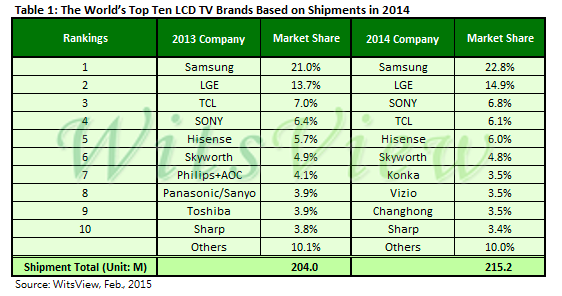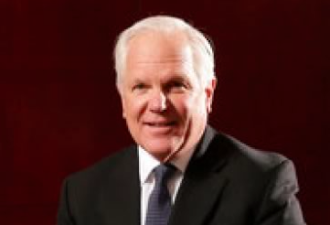 As we predicted, a century after it opened its first store and sent out its first catalogue, RadioShack (RSHC) has declared bankruptcy.
As we predicted, a century after it opened its first store and sent out its first catalogue, RadioShack (RSHC) has declared bankruptcy.
In its final hours it struck a deal to sell up to 2,400 of its approximately 4,000 stores and wireless company Sprint (S) will create a “store within a store” in up to 1,750 of those.
What is left will be shut.
RadioShack’s franchise locations, as well as stores in Mexico and Asia, are not included in any deals and it is not clear what their future will be.
RadioShack products, services and accessories will still be available at the approximately 1,750 stores where Sprint will open shop. In fact, Sprint will occupy just one third of those locations, where it will sell devices and plans.
The New York Stock Exchange (NYSE) suspended trading of Radio Shack shares on Monday. And RadioShack (RSHC)workers have told CNNMoney that some locations have already been converted to clearance stores.
Closing stores is expensive, due to the cost of redundancy, liquidating merchandise and paying penalties to get out of leases and the outfit has been too broke to close them.
Last March, the company wanted to close about 1,100 stores, but it was only able to close 175 stores through the end of October.
RadioShack has come a long way since the days it could brag about its vast retail network, saying that 90 per cent of Americans lived or worked within a few minutes of a RadioShack location.
Ironically, the Internet and Online shopping helped kill the outfit off – making all those stores an albatross.
RadioShack goes back to 1921, when it opened a store and mail-order operation in Boston to serve the needs of radio officers aboard ships. It was bought in 1963 by Tandy Corporation, a retailer that started as a supplier of leather parts to shoe repair shops.
RadioShack introduced one of the first mass-market personal computers, the TRS-80, in 1977, and one of the first laptops, the Model 100, in 1983. It also was an early seller of both mobile phones and satellite TV.




















